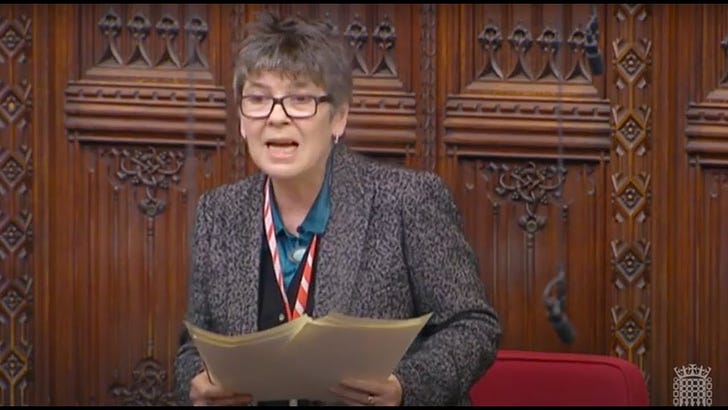The long-running BBC comedy series Yes, Minister! has long provided the popular image of how the UK government works: ministers trying to get things done, for better or for worse, and civil servants doing their best to stop them. While the show was satirical, it worked because it was based on an underlying truth about the frustratingly slow and inefficient workings of the Civil Service.
The Civil Service has been back in the spotlight over the past couple of weeks. The Telegraph’s Lockdown Files - selected highlights from the WhatsApp messages of the former health secretary, Matt Hancock - have highlighted the role of the cabinet secretary, Simon Case. Far from challenging ministerial edicts and pushing for better decision-making processes, Case appears to have been a cheerleader for Hancock’s pro-lockdown demands.
Meanwhile, it has been announced that another senior civil servant, Sue Gray, has resigned in order to become Labour leader Keir Starmer’s chief of staff. For such a senior figure to leave government and immediately take on a leading role with the main opposition party would be controversial enough. But as Gray was the author of the ‘Partygate’ report, which played a major role in bringing down the former prime minister, Boris Johnson, the move has led to even more questions.
But beyond questions about the impartiality of Case and Gray, there are serious misgivings about the Civil Service more broadly. One of the speakers you can hear in the podcast, former civil servant Nick Busvine, wrote an eye-opening and fascinating essay about the Civil Service back in January. At a time of multiple crises that demand a government response, Busvine argues, the Civil Service has been found wanting - suffering from groupthink, an obsession with process over delivery and a disdain for democracy. He concludes:
If standing up for Ukraine or bringing in an outsider to deliver vaccines in a pandemic have taught us anything, it is that the Blob does not always get it right and are all too often laggards when it comes to delivery. Civil servants should forget politics and focus on getting the job done. And when things go wrong, civil service leaders – as well as ministers – should expect to be held to account.
You can read the full essay here.












Share this post